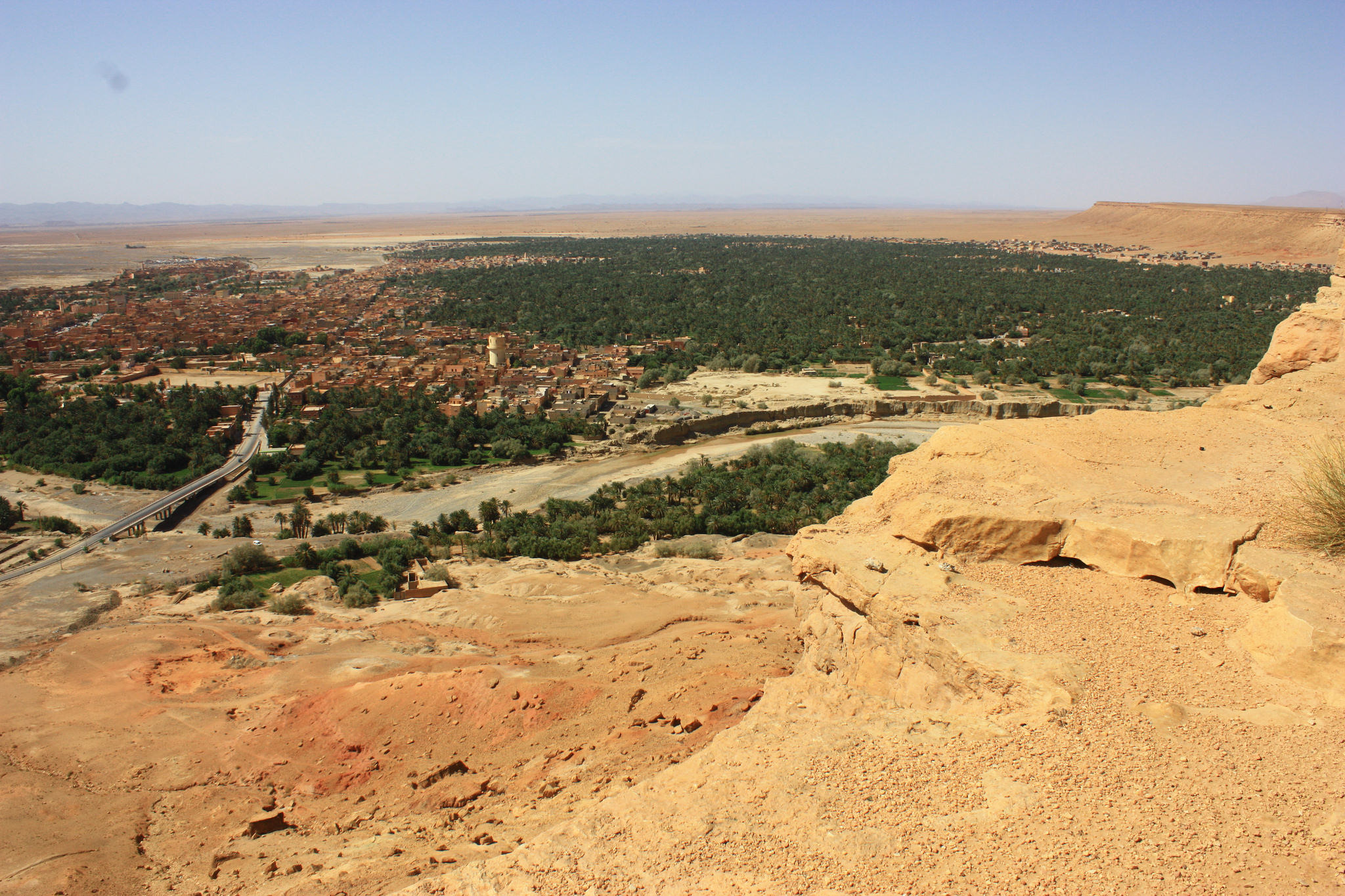Implementing Partners
The Sahara and Sahel Observatory as a Regional Actor for Climate Change Adaptation
By Mr. Nabil Ben Khatra, Environment Program Coordinator; Mr. Hartmut Schifferer, Climate Change Expert; and Ms. Habiba Khiari, Environmentalist; the Sahara and Sahel Observatory (OSS)

Nabil Ben Khatra, OSS

Hartmut Schifferer, OSS

Habiba Khiari, OSS
Since its foundation in 1992, the Sahara and Sahel Observatory (Observatoire du Sahara et du Sahel, or OSS), a regional platform for North-South-South partnerships, has been supporting African member countries to address environmental issues as part of a long-term sustainable development vision for the Circum-Sahara. This international organization carried out numerous activities to improve climate change adaptation and initiated mutual processes for the identification of countries’ needs. These efforts led to the development of methodologies and tools to address drought, early warning systems(EWS) and climate change vulnerability mapping.
As an accredited Regional Implementation Entity of the Adaptation Fund, OSS is supporting its member countries in developing climate change adaptation projects through activities at national and regional levels, while tackling various sectors like watershed management, fisheries, aquaculture, biodiversity, pastoralism and construction.
Furthermore, OSS is currently implementing a US$ 7.8 million Adaptation Fund-supported project entitled ‘Enhancing resilience of communities to climate change through catchment-based integrated management of water and related resources in Uganda’. The objective of the project is to increase resilience of vulnerable communities concerning risks of flooding and landslides in the Awoja, Maziba and Aswa catchment basins of Uganda.
Besides this, the Adaptation Fund Board has approved a project concept note on the W-Arly-Pendjari Transboundary Complex, shared by Benin, Burkina Faso, and Niger which was recently classified as a UNESCO World Heritage Site. This regional project aims to strengthen the resilience of ecosystems and to improve populations’ livelihoods through the establishment of multi-risk EWS and the implementation of adaptation measures.
Currently OSS is working on several other concept notes with a dozen different institutions in West, Central, and East Africa. This is part of OSS’s support to its member countries for sustainable development and for getting increased access to climate finance, which is essential for strengthening the resilience to climate change.
The OSS would like to take this opportunity to thank the Adaptation Fund and its Board for the trust they have shown, as well as for the renewed accreditation as a regional implementing entity.



